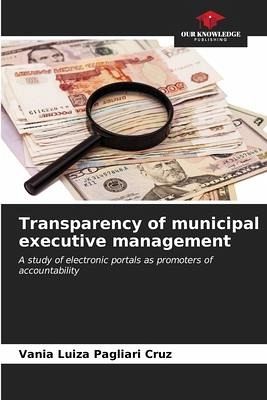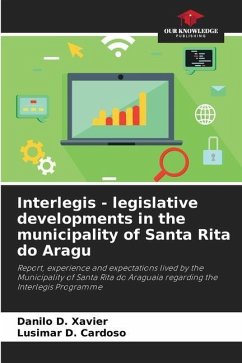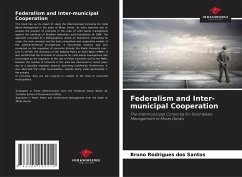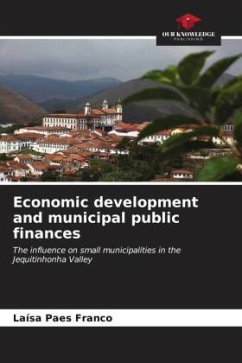
Transparency of municipal executive management
A study of electronic portals as promoters of accountability
Versandkostenfrei!
Versandfertig in 6-10 Tagen
36,99 €
inkl. MwSt.

PAYBACK Punkte
18 °P sammeln!
The general aim of this study is to identify which socio-economic indicators are related to the level of fiscal transparency in municipalities. An unintentional, probabilistic sample of 360 municipalities, stratified according to Brazilian state, was used. The multiple linear regression technique was used to check which variables were related to public transparency. By analysing the municipalities' electronic portals, the average transparency score was 3.76, lower than the state average. The low level of transparency corroborates the assumptions of Public Choice Theory: for the manager, poorly...
The general aim of this study is to identify which socio-economic indicators are related to the level of fiscal transparency in municipalities. An unintentional, probabilistic sample of 360 municipalities, stratified according to Brazilian state, was used. The multiple linear regression technique was used to check which variables were related to public transparency. By analysing the municipalities' electronic portals, the average transparency score was 3.76, lower than the state average. The low level of transparency corroborates the assumptions of Public Choice Theory: for the manager, poorly informed voters "facilitate" the acceptance of a manager by the population, allowing the manager to gain the trust of these unsuspecting voters.












